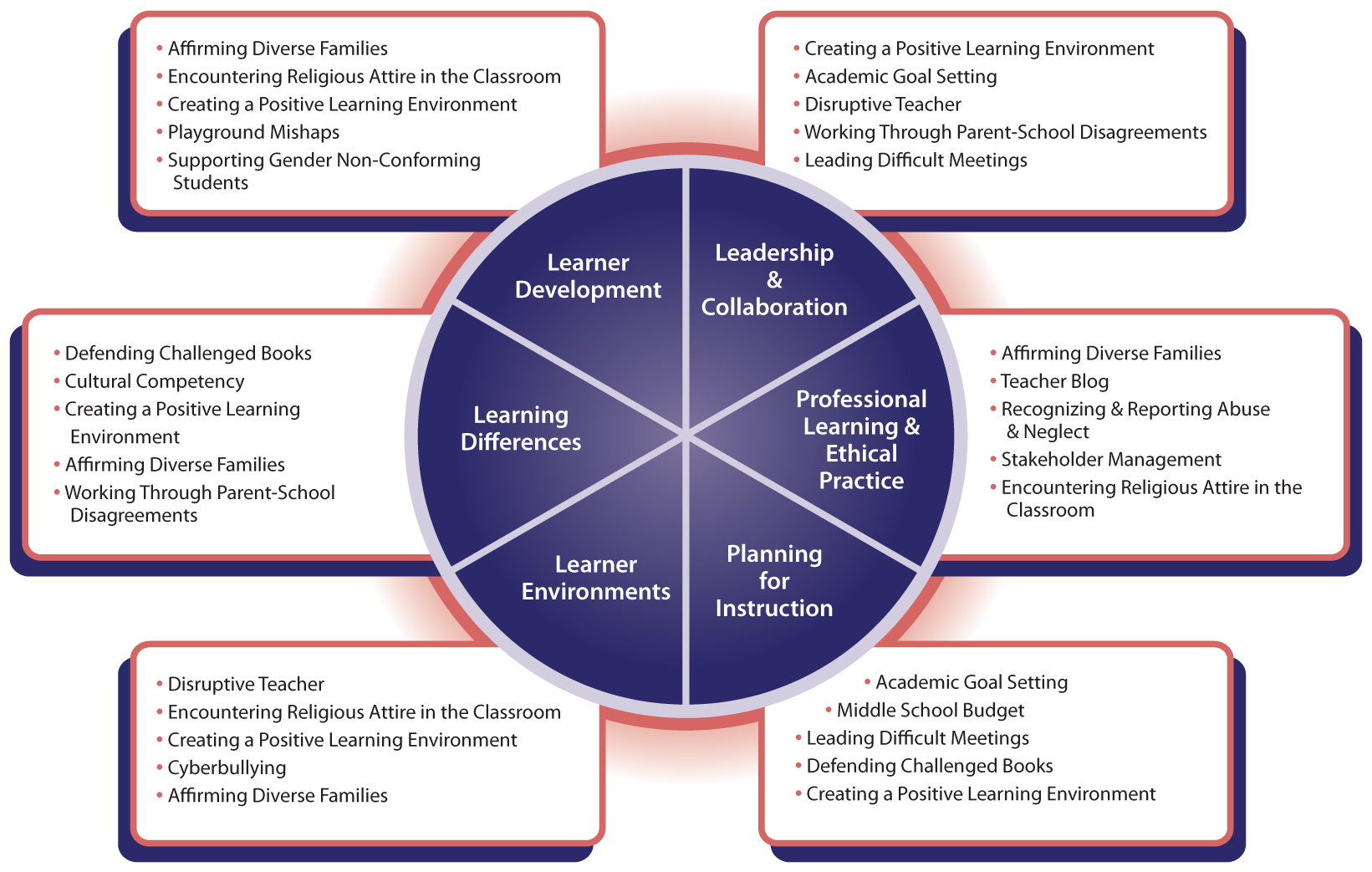Simulations for Teacher Candidates
Because simulations immerse participants in school-based scenarios like those that occur in real-life, they provide an opportunity to practice evaluating context and applying the appropriate standards in a risk-free environment.

Dr. Gretchen McAllister - Associate Professor Department of Teaching and Learning, Northern Arizona University
“Simulations, as many of you probably know, can be powerful for – and I’ll use the term teacher candidates, and for those of you working with novice teachers. We wanted a space where we could provide teacher candidates with situated learning. These situated learning opportunities foster reflective practice and connect theory to practice, but most importantly, my work is centered around this, providing an intentional space to have difficult conversations. We have found that in over 20 years, especially in teacher education, there’s no time to talk about racism, other forms of oppression, and how they play out in school spaces. We talk about it in theory but often in the classroom; finding space to have those difficult conversations just often isn’t there, and teachers, the same in the classroom. So simulations provide us an opportunity for a purposeful space where we can have these difficult conversations, and most importantly, we are committed to creating an opportunity to make mistakes and do it in a way where we don’t actually hurt children.”



.png?width=400&height=400&name=download%20(5).png)